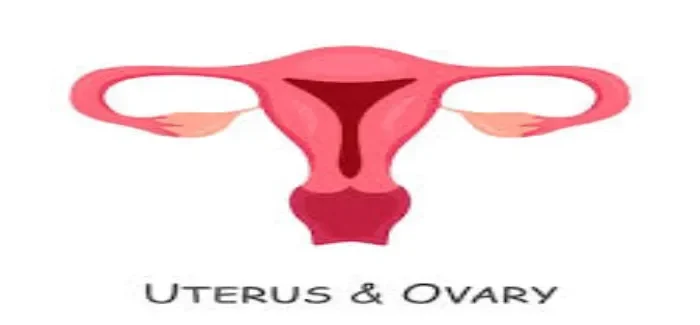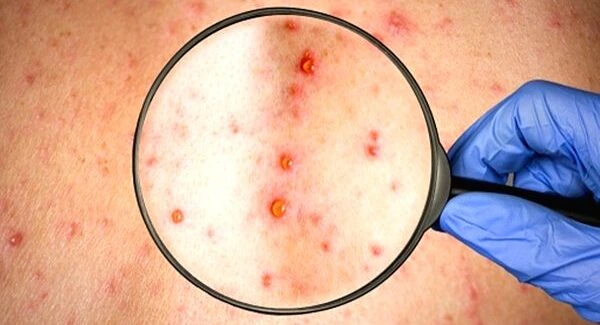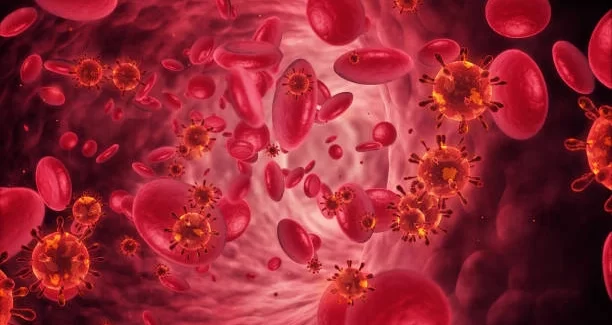What is the best age to get pregnant with PCOS?

Posted Date: April 25th, 2024
Pregnancy is an interesting journey that involves physical and hormonal changes that ensure both mother and the baby growth or development. But this journey can be interrupted with hormonal disorder that affects women of reproductive age such as PCOS. It’s a common condition that approximately impacting 10-20% of women worldwide, and one of the common concerns related to PCOS is fertility. If you want to start a family, then it’s important to understand the PCOS pregnancy success rate. In this blog, we will tell you everything related to the context, so scroll down to know more!
See also
What is PCOS?
PCOS, or Polycystic Ovary Syndrome, is a hormonal disorder that affects women of reproductive age. Generally, it causing irregular periods, excess androgen levels, and polycystic ovaries as it defined by an imbalance in reproductive hormones. However, the fertility issue has been associated with the PCOS disorder.
How does PCOS affect fertility in women?
As we said earlier, PCOS is typically related with the fertility issue and impact it due to irregular ovulation or the absence of ovulation as well. The irregularities in ovulation process can delay the release of mature eggs make the conceiving process more challenging. However, hormonal imbalances can lead to an overproduction of androgens (a male hormone) that can also delay the fertilization process. In other words, high levels of androgens in PCOS can impact the development and release of eggs from the ovaries which can easily complicate fertility.
Is it possible to get pregnant with PCOS?
Many women around the world, who want to start a family have questions like can we get pregnant with PCOS? Is it possible to have a baby with PCOS? Then answer is Yes. It is possible to conceive with PCOS but it requires medical treatments that can make your dreams come true. Treatments that can help you to achieve pregnancy with PCOS condition such as:
1. Ovulation-Inducing Medications: By providing some medications like clomiphene or letrozole by your healthcare provider can induce ovulation and regulate your menstrual cycle.
2. Intrauterine Insemination (IUI): It is very popular infertility treatment that is related with PCOS. IUI involves placing sperm directly into the uterus through an injection process.
3. In Vitro Fertilization (IVF): IVF is another popular fertilization process for couples who want to start a family. It is generally considered in difficult situations but it provides a higher success rate of getting pregnant by combining egg and sperm outside the body.
4. By Managing Insulin Resistance: By managing your blood sugar levels and improving fertility through medications like metformin, you can control insulin resistance.
Furthermore, there are also other treatments available that can solve couples’ fertility issues very easily. So, it is possible to get pregnant with PCOS hazel-free if you contact your doctor as soon as possible.
What is the best age to conceive with PCOS?
The best age to get pregnant with PCOS is typically in their 20s or early 30s due to better hormonal balance and ovarian reserve compared to later ages. In other words, before age 30 is considered to be an ideal age to have a baby. However, if a women turn age of 35 or 40, it becomes harder for them to get pregnant as fertility starts to decline more fastly. Many studies shows that age have a crucial impact on fertility for all women.
Hence, age is an essential factor because it can affect both the quantity and quality of a woman’s eggs that can create problems in achieving the successful pregnancy. Before 30, women with PCOS can easily avoid the risk of miscarriages and other health complications that can difficult to manage after 35-40.
Note: For expectant mother, is necessary to get proper PCOS diet for pregnancy success as conceiving baby with PCOS depends on various factors such as individual health, lifestyle, and their personal circumstances.
What factors affect the PCOS pregnancy success rate?
There are many factors that can affect the success rate of PCOS pregnancy, such as:
1. Spontaneous Pregnancy: Women with PCOS may conceive spontaneously but success rate is differed. As per sources, 70-80% of women can achieve successful conception without medical intervention. However, individual health condition can impact this rate.
2. Fertility Treatments: Many fertility treatments such as IVF, IUI, etc. can also impact the success rate of PCOS pregnancy. However, IVF have a higher success rate in comparison to other treatments.
3. Age: As we said above, age is one of the important factors that affect the PCOS pregnancy success rate. Women in their 20s or 30s have higher success rates compared to older ones.
4. Lifestyle and Weight: Weight and lifestyle is another important aspect that women with PCOS should considered. As well, excess weight can disrupt hormonal balance and affect fertility.
5. Underlying Health Conditions: If women with PCOS have certain health conditions such as, thyroid, diabetes, or insulin resistance, etc. can also affect the pregnancy success rates with PCOS. Managing these conditions can helpful to you to get desired results.
How to increase your chances of having a baby with PCOS?
Hence, there are many ways to increase your chances to have a baby with PCOS and they are:
By maintaining the healthy body weight: It is necessary for women to maintain a healthy body weight, as it can improve the hormonal balance and increase the chances of having a successful conception.
1. Proper Diet and Nutrition: Women with PCOS should consume a proper balanced diet that is rich in nutrients, as it impacts fertility and reproductive health positively.
2. Regular exercise: Doing regular physical exercise can also help women with PCOS to reduce insulin resistance and improve fertility outcomes. It is important to consult with your doctor before starting any exercises.
3. By taking prescribed medications: To regulate ovulation and hormone levels, it is important to have medications as directed by healthcare provider. It increases your chances of having a baby.
4. Manage Stress: By managing stress, you can increase your conceiving chances. You can practice relaxation techniques such as meditation, yoga, or deep breathing exercises.
5. Limit Alcohol and Quit Smoking: By minimize your alcohol consumption and avoid smoking you can enhance fertility. It is very important for PCOS women as it can lead to serval complications.
6. Monitor Ovulation process: By using tracking apps or ovulation predicator kits you can manage your ovulation process. As they helpful to identify your fertile days and can optimize timing for intercourse.
7. Seek Support: To deal with the emotional challenges of infertility and PCOS, it is very important to get some counselling. You can join some support group to enhance your environment with positivity.
Conclusion
To sum it up, before age of 30 is the best age to get pregnant with PCOS. To avoid infertility issues associated with PCOS generally requires proper attention of various factors such as age, lifestyle, and treatments. By managing the symptoms of PCOS and with a little bit lifestyle modifications you can improve the chances of successful conception. Every woman can manage this hormonal disorder by taking proactive steps and proper medical interventions. If you think we’ve missed something important to mention then feel free to leave a comment below.
FAQS
QUES 1: Is PCOS pregnancy high risk?
ANS: Yes, PCOS pregnancy leads to a higher risk of complications such as gestational diabetes, preterm birth, miscarriage, etc. It is important to consult with your doctor to get proper medical interventions.
QUES 2: What is the best treatment for PCOS to get pregnant?
ANS: Ovulation including medications considered to be the best treatment for PCOS women who want to have a family.
QUES 3: Does PCOS fertility get better with age?
ANS: There’s no definite answer to it. But younger women (in their 20s or 30s) have better fertility chances in comparison to older ones.
QUES 4: Can PCOS go away after pregnancy?
ANS: No, PCOS does not go away after pregnancy but due to hormonal changes symptoms may improve temporarily.








